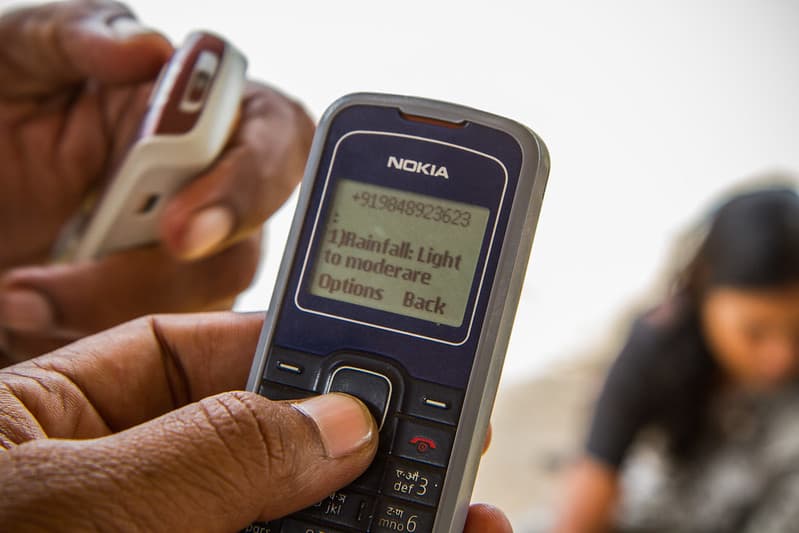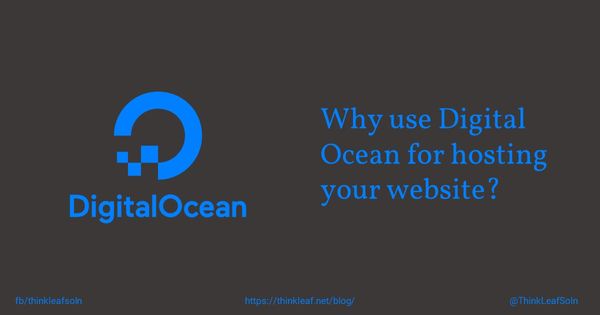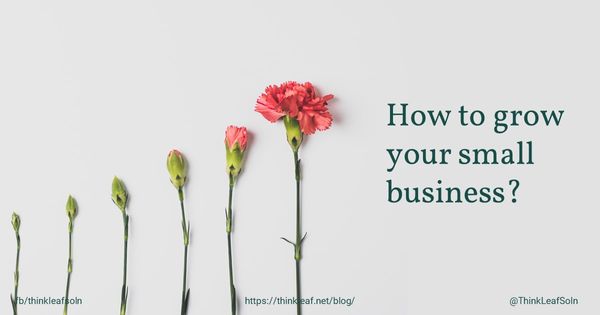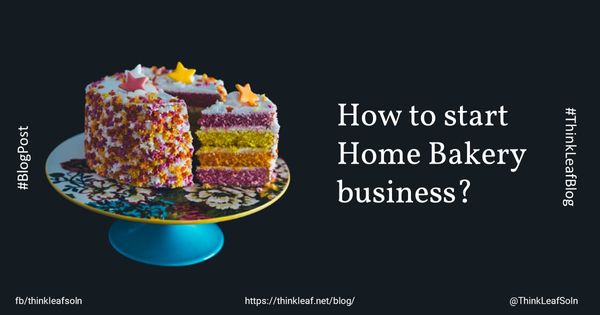SMS has been used for decades for connecting with leads and customers. SMS has been a driving force to connect with customers for years. Companies have used SMS as a tool to market and sell their products and services.
SMS marketing has been around for years and remains around in post-2020. But how has SMS marketing survived and is it still relevant in a true sense is the question? We will have a look at aspects of SMS marketing in this post.
What is an SMS?
SMS stands for Short Message Service and is the most used type of text messaging. With an SMS, you can send a message of up to 160 characters to another device. Longer messages split up into multiple messages.
An SMS is generally sent from one mobile device to another over the cellular network. SMS is a text-only standard first formalized in 1985 in the Global System for Mobile Communications (GSM) standards.
The very first text message ever sent was from Neil Papworth on the Vodafone network in 1992. (Source: Vodafone)
From SMS's very humble beginnings, text messages have exploded onto the scene. Every year, trillions of text messages are sent between SMS-capable devices. An entire ecosystem has grown up around text messaging.
SMS Marketing is now a huge industry. Other applications have built safety and support services onto the SMS platform. All the while, it's also remained a tremendous way to keep in touch with friends and loved ones.
SMS can be sent from a simple device such as a cell phone or an SMS gateway. When users are interacting with an SMS the SMS is sent from a device such as a cell phone or any other device which has SIM capabilities. Businesses normally use an SMS gateway to send SMS to their users or customers.
Any device that can support a SIM and connect to a mobile network can send an SMS to another device that is capable of receiving it. But looking at the business scenario, the most visible and viable option is an SMS Gateway.
In the early days, SMS was very expensive. But with time, the cost of an SMS reduced and it started to be used for marketing purposes. When businesses started to use SMS to communicate with their customers a whole new ecosystem developed. Also, new issues cropped up when businesses started using SMS.
Earlier anyone having a cell phone would receive an SMS from companies promoting their products. This led to the thought of regulating the use of SMS for business purposes. Later on many years down the line, the government around the world came up with policies to regulate sending SMS. The regulations mostly dealt with the permission of sending an SMS to a person. Sending an SMS for promotional activities to a person without his/her permission became an offence.

In today’s time, an SMS is sent to our user with his/her permission. People can even opt out of receiving promotional content. Nowadays, e-commerce websites are one of the top users of SMS gateways.
E-commerce websites use SMS as a way to communicate to the customer when they are shopping on their website. Even applications on your mobile phone use SMS and OTPs to authenticate users. SMS today is not only used for communicating with users but also to inform them and authenticate their identity.
SMS marketing, relevant or outdated?
It is 2021 and people are using WhatsApp to send messages and to connect with people. Yet the SMS has not lost its shine. SMS is still used as a transactional tool to inform users and customers about transactions. Transactions such as a purchase made on an e-commerce website. Or after withdrawal of cash from ATMs by banks. If you think that SMS will be outdated and would not be used soon then you are thinking wrong.
Chat applications such as WhatsApp, Telegram, Snapchat, et cetera are based on Internet connectivity. These chat applications are very secure but they still have to connect through the internet. This means when there is no internet connectivity the apps won't work.
Businesses on the other hand rely on SMS gateway to send SMS to their customers. Why do they use SMS? Below are one of the few reasons:
- Connectivity: An SMS does not require Internet connectivity at all. A cell phone which has a SIM card in it can receive SMS from any part of the world. An SMS can reach people using a smartphone as well as a very basic cell phone.
- Reliable: Since an SMS can be sent to any cell phone in the world it is reliable. SMS can be sent from an SMS gateway and delivered within seconds to minutes.
- Sender ID: When an SMS is sent through a server the user who is sending the SMS has to define a sender ID. The sender ID is a six-character alphanumeric text which denotes the business. The sender ID helps promote the business and also to help recall the brand value.
- APIs: APIs are a set of code that integrate business systems to the SMS gateway. When the API is used to connect the system of the business such as the accounting software or a CRM, the system automatically sends an SMS with the details to the customer when the transaction takes place. This helps the business to automate the task of informing the customer about the sale and keep the customer updated during the shipping of products.
- Versatility: An SMS gateway can be integrated even in IoT devices that do not have connectivity to the Internet. A simple dongle attached to the system in case of IoT or infrastructure systems can send the SMS to users on certain triggers.
For example, if there is a system that monitors the temperature of a particular room or machinery, the temperature if it goes beyond the defined levels, the system will send an SMS to the desired users configured about the change in the system about temperature change. - Cost: The cost of sending an SMS to the customer is very low as compared to other marketing tools such as Facebook and Twitter. A marketing campaign on Facebook or Twitter is not that effective as an SMS sent to the customer. Also if we see the visibility and readability quotient, an SMS is far more reachable and creates impact than social media.
So these are the benefits of using SMS gateway as a marketing tool, as a tool to create awareness about your business. Even if you compare the cost of running an SMS campaign against running a social media campaign on Facebook or Twitter or Instagram the cost is much lower than other social media and the returns are many folds if you compare the SMS campaign price against the sales it can bring to your business.
Why you should use SMS Marketing?
The no of times we check our phone is 85 times per day, on average? What does that mean for your SMS open rates? That is an impressive number. Even 80% of Millennials say their phone is the first thing they check when they wake up.
The point is that people keep their phones handy and are always ready to use them to find information or check the latest social media updates. Plus, open rates for texts vastly surpass email (which dwindles at 24%). We are dependent on our phones. This dependency opens the door for testing new mediums to reach consumers.

Mobile advertising works only if your message makes it to the consumer’s inbox, and your ad is mobile-optimized. It’s the only way to steer clear of the noise and get a positive RoI.
Most online marketers are not sure of SMS marketing. This is because they think it’s more regulated than email marketing or is not much effective. But they are wrong as studies and numbers show us.
Mobile-targeting tactics cost you conversions, clients, and revenue. Meanwhile, SMS marketing lurks in the background, waiting for you to capitalize on it.
Here’s why you should revisit SMS marketing to generate revenue.
The many advantages of SMS
Do you think that social media gives you a great return on your money spent? Do you think Instagram has good engagement numbers? Or Twitter brings the cream crowd? Wait until you see what text messages get you for your business.
Advantage #1 -- The Engagement Rate
Texting has by far the best engagement rate of any marketing medium. Emails can sit unread for days in the inboxes. Phone calls can go unanswered for days. But text messages are almost always read immediately after they’re sent. That's their beauty.
We already talked about the dismal open rates for email. The average CTR for PPC ads is even worse. The point is that SMS marketing is underrated and underappreciated. The likelihood of getting your message to the intended target is vastly higher as compared to email, PPC, organic, or social.
Advantage #2 -- Track the activity
You can easily track who opened your message, what links they clicked, and who ignored the message. Countless texting platforms allow you to manage your campaign all from your desktop. And Start Messaging is one great one to start with. You get delivery reports, and also come to know if a certain user has opened the SMS or not.
97% of SMS sent are opened within 3-7 minutes of delivery.
Advantage #3 -- Interactive content
Mobile messaging makes it possible to get feedback from your recipients quickly via a quick tap on the ‘reply’ button or a click on your link. You send an SMS with a link. The link can send the user to your website or app. They can interact with the page and engage with the business.
Advantage #4 -- Immediate delivery
The SMS when sent as a campaign (or even otherwise) are delivered instantly. Even if your users are in different time zones they will receive the SMS in their Inbox instantly.
You can set up a campaign, send an SMS with say a link to your website and have hundreds of clicks within minutes.
Advantage #5 -- Personal touch
Sending a text message via your mobile device gives you an informal opportunity to personalize the message. You can write an SMS as though you are talking to the customer in person. And since a mobile phone is a personal device the feel is also personal for the receiver.
Advantage #6 -- Brand Recall
If you have Tony Stark's number and have saved it then every time he sends you a text his name pops up on your phone. But when you receive an SMS from the Bank for withdrawal of money from an ATM, you see your Bank's Name or a form of it. This is true with every business which uses an SMS service to connect and inform customers.
When you send an SMS to your customer from an SMS gateway, your business name pops up on your customer's phone. If you are Apple Inc sending an SMS then "APPLE" might be the popup name. Your customer sees your business name and instantly associates it with the message delivered.
The opportunities with SMS are endless. You can personalize your message as you want. You can direct users to fun games where they can win coupons, and track every step of the conversion process. Or make them come to your store for buying merchandise. You can even ask them to share links on social media for getting views.
Why SMS will play a key role?
Looking at the state of the economy in India the user in the rural areas normally starts with a basic cell phone. This cell phone is capable of receiving an SMS out of the box in any part of the country provided there is network connectivity.
When Reliance Jio launched the telecom space in India changed. The cost of talking to people has been brought down considerably and the Internet connectivity provided for almost negligible cost has also changed the landscape in the telecom industry.
We should look at the Indian economy from the point of view of rural areas. Let me give you an example to explain my viewpoint. Just as today an SMS is used to inform the customer about different transactions mentioned earlier. The same principles can be applied to users in the future.
A farmer can go to a government or private sector enterprise to buy things he needs. An example of this offer fertilizers and chemicals for the crops he grows.
Let's say a farmer visits the nearest government establishment to buy the chemicals and fertilizers. The vendor can use SMS instead of pen and paper to provide the receipt of money. Thus this will reduce the need for stationary saving the customer and the company cost as well as the environment.

Now if you look on the urban side the number of smartphones will increase obviously. In Tier-1 and Tier-2 cities the purchase of the smartphone will increase hence the number of users will also increase on other platforms.
People will be exposed more in numbers to words the new online facilities. This will drive the need to communicate with them. This can be automated from backend systems with the help of a simple SMS.
Businesses should note that SMS will be a key medium to communicate between both the Rural and Urban sectors. It will be a mix of smartphones basic phones and even the next league of 5G enabled phones. Users in India will turn to mobile phones basic and then smartphones.
Conclusion
SMS is here to stay for some time or maybe another decade or so. Internet connectivity is still an issue and only around a billion people are exposed to the internet around the world with the number in just a couple of hundred million who have continued internet access.
Thus, SMS is relevant even now as the only requirement it has is for the mobile network to be present, no internet connectivity is required.
In case you haven’t integrated or connected an SMS gateway to your accounting or CRM, then log on to Start Messaging and register today to take the full benefits of an SMS gateway. An SMS gateway will improve your sales.



